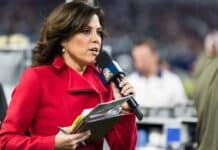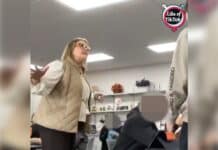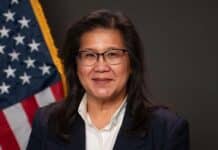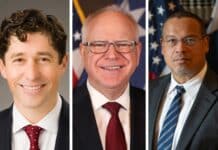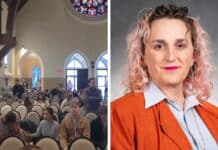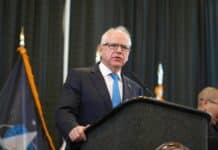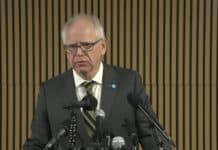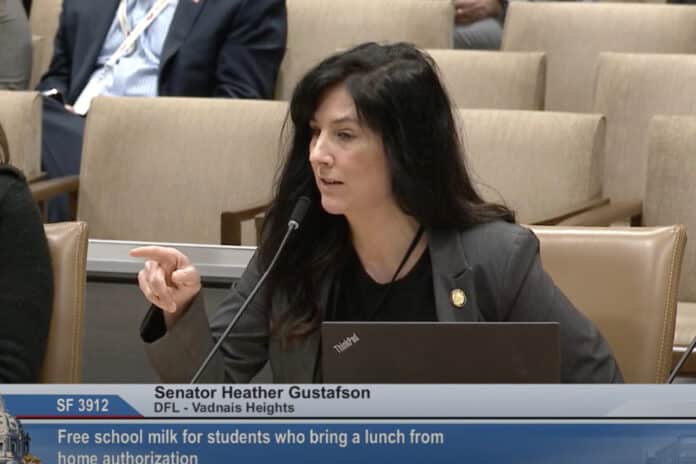
The DFL lawmaker who authored the universal school meals legislation that passed into law nearly one year ago is working to iron out some kinks in the new program.
School districts across Minnesota quickly learned last fall the reimbursement formula for universal school meals does not allow students to take a free carton of milk unless they also take a free lunch. That has led to many instances where students who bring their lunch from home opt to take the school-provided lunch just to get access to the free milk, which has led to food waste across many cafeterias.
Sen. Heather Gustafson is trying to fix that with SF3912. Her legislation would dedicate an additional $4.6 million to allow students who bring bagged lunches to take a milk for free. About 25 percent of students are opting to bring bagged lunches regularly over the free school meals, the first term DFLer from Vadnais Heights said.
“Students (would) no longer have to take a full meal if all they want is the milk, so we are trying to just make this common sense and a little bit more efficient,” Gustafson said during a Tuesday hearing on the bill.
But there’s one catch in Gustafson’s “School Milk Program” proposal: it appears that students who only want to grab a free school milk to wash down their bagged lunch may not be able to choose chocolate milk. That’s according to the language of the bill and the author herself.
During discussion over the bill on Tuesday, Gustafson said she believes chocolate milk would likely not be an option, according to her bill, for students who want a free milk without a school-provided meal.
That topic came up when Sen. Jason Rarick, R-Pine City, asked about language in the proposal that mentions the school lunch milk program would provide schools with resources to access “wholesome” milk on “any day that a student chooses to bring a lunch from home and does not otherwise participate in the school lunch program during that day.”
“Sometimes we have to actually look at the words on the page and make sure it’s not going to actually cause a problem,” Rarick said during the March 5 hearing in the Senate Education Finance Committee. “It just seems to me I don’t think we define ‘wholesome’ milk anywhere; and just stating ‘milk’ would be far clearer … .”
But Gustafson said she believes those who helped her craft the bill’s language intended to use the “wholesome” milk descriptor to match an already existing kindergarten school milk program.
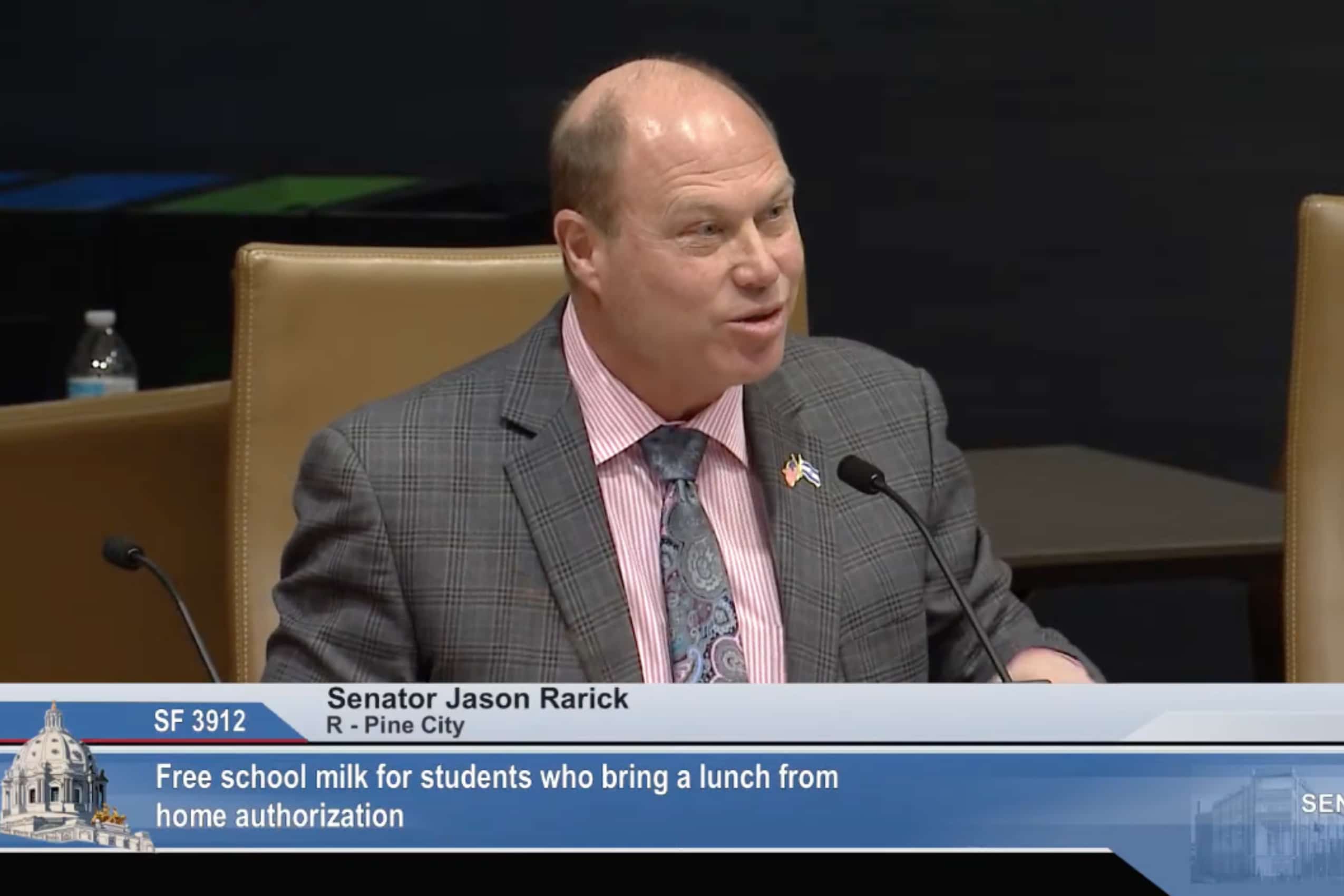
“I’ll ask counsel to clarify it further, but I believe they are talking about, like, not chocolate milk,” Gustafson said. “It’s got a little bit more sugar in it, so we are trying to get away from that.”
Alpha News reached out Gustafson and research analysts with the Senate Education Finance Committee for clarification. Both have yet to reply to requests for comment.
The proposal was laid over for possible inclusion in an omnibus bill. A companion bill in the House, sponsored by Rep. Kim Hicks, DFL-Rochester, and five other Democrats hasn’t been scheduled for a hearing.
Secondary students would be left paying for milk-only option
The proposed School Milk Program would be capped at fifth grade, which drew some constructive criticism.
“Anecdotes we heard throughout the community in the places that seemed to have the most confusion were with our youngest students,” Gustafson said, explaining why the legislation doesn’t include secondary students. “Just because they were littler, they are not usually in charge of packing their lunches. They were coming in (to the cafeteria) assuming their milk was coming, and it wasn’t.”
Rarick mentioned the legislation may create a problem for elementary school buildings in his district that house kindergarten through sixth grade.
“We are going to be telling the sixth graders (in elementary schools) you don’t get this, but everybody else does?” Rarick said.
Gustafson said she’s open to tweaking the language to allow for all students in elementary buildings to receive free milk even if they don’t take a lunch.
Rising costs
The bill comes on the heels of the Minnesota Office of Management and Budget forecast last December revealing that the universal school meals program is costing $176 million more than anticipated.
Sen. Rob Farnsworth, R-Hibbing, asked that Gustafson consider amending language to include the ability for schools to opt out of the universal school meals and milk programs if state funding can’t cover costs.
“With budget deficits looming next year my concern is that a program like this or the free school lunch will suddenly not be funded,” Farnsworth said. “And schools will be on the hook to pay for that.”
Hank Long
Hank Long is a journalism and communications professional whose writing career includes coverage of the Minnesota legislature, city and county governments and the commercial real estate industry. Hank received his undergraduate degree at the University of Minnesota, where he studied journalism, and his law degree at the University of St. Thomas. The Minnesota native lives in the Twin Cities with his wife and four children. His dream is to be around when the Vikings win the Super Bowl.


